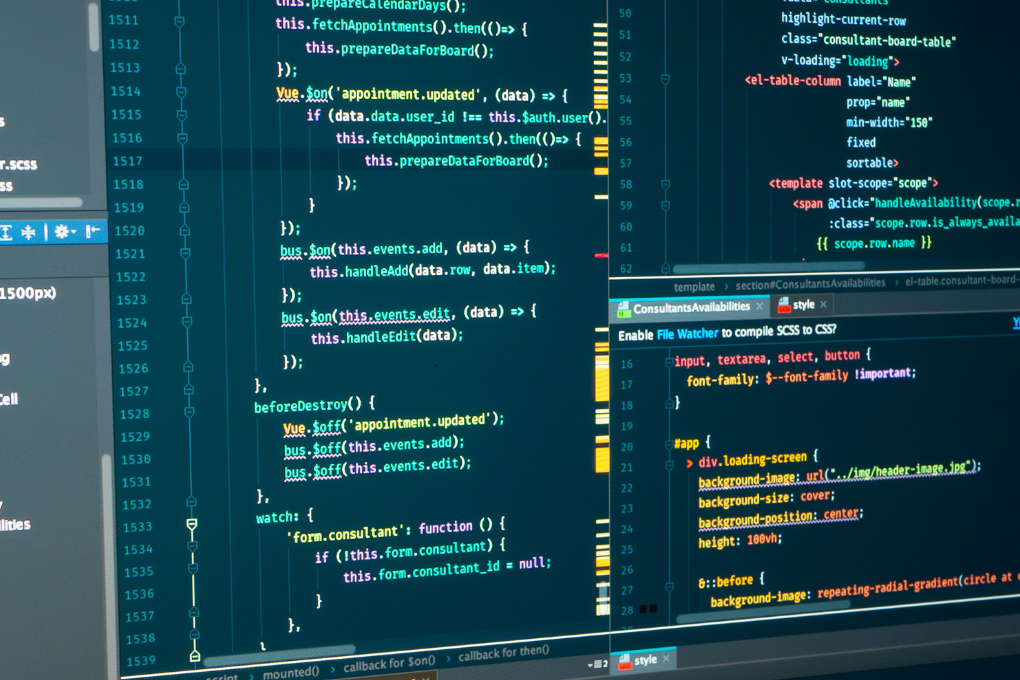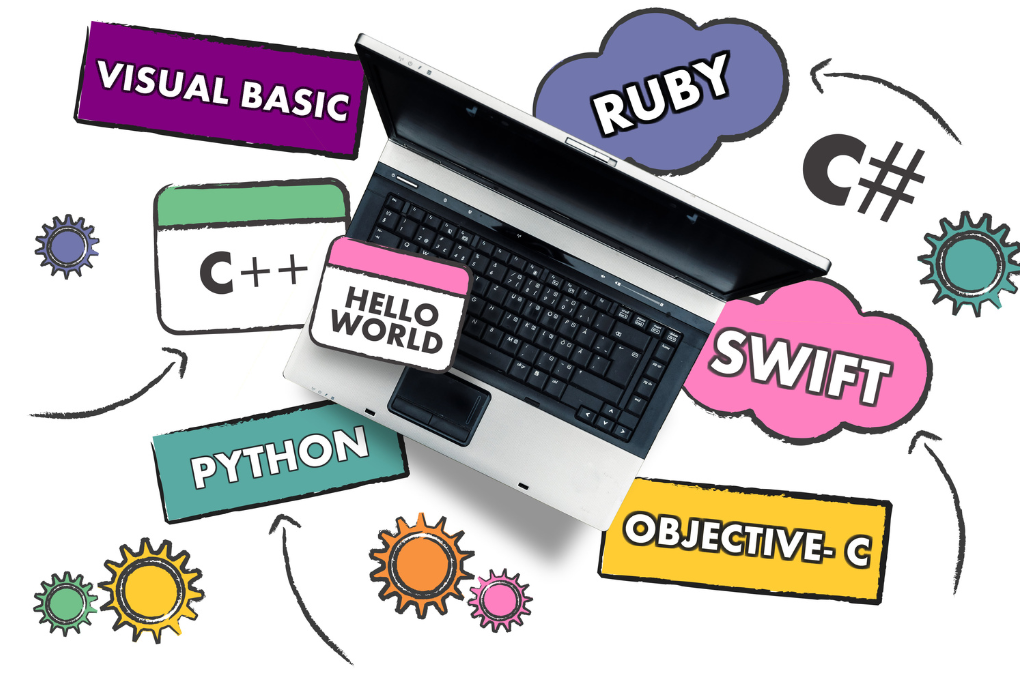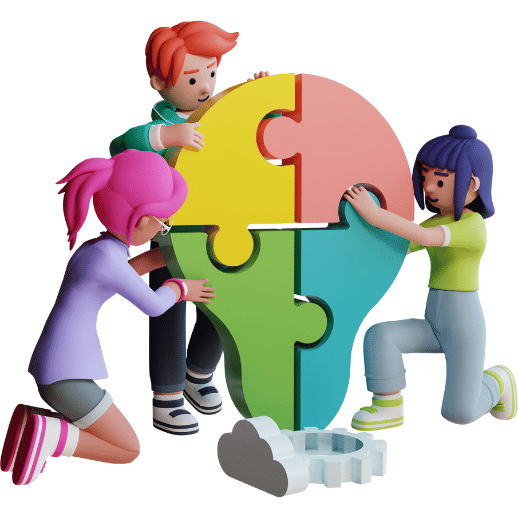Are you prepared to enter the thrilling world of web development? Creating websites and applications can be an exciting journey, but it all begins with choosing the right programming language. With numerous options available, making an informed decision that aligns with your goals and project requirements is crucial. In this blog post, we’ll discuss the significance of selecting the right programming language for web development and explore some popular options. So, put on your coding hat, and let’s embark on this exhilarating adventure!

The Importance of Choosing the Right Programming Language
Selecting the right programming language is vital in web development. It significantly impacts the performance, scalability, and overall success of a website or application. Making the wrong choice can lead to slow loading times, compatibility problems, and difficulty in maintaining and updating the code.
One of the main reasons why choosing the appropriate programming language is important is because it determines how well your website or application will be able to handle user interactions and process data. Different languages have varying capabilities when it comes to tasks such as database integration, server-side processing, and client-side scripting.

Another important factor to consider is community support. Popular programming languages often have large communities of developers who actively contribute libraries, frameworks, and tools that can help streamline development processes. This saves time and ensures that you have access to up-to-date resources and solutions when encountering challenges.
Additionally, choosing a widely used programming language increases your chances of finding skilled developers who are proficient in that particular language. This opens up opportunities for collaboration and knowledge sharing among a larger pool of professionals.
Moreover, considering future scalability is essential when selecting a programming language. You need to evaluate whether the chosen language will be able to accommodate potential growth requirements for your website or application. By choosing a scalable language from the start, you’ll save yourself from having to rewrite significant portions of code down the line.
The importance of choosing the right programming language for web development cannot be overstated. It impacts everything, from performance and maintenance ease to future scalability. Consider factors like functionality requirements, community support availability, and long-term viability before deciding.
Popular Programming Languages for Web Development
When it comes to web development, choosing the right programming language can make a significant difference in the success of your projects. Several popular programming languages are commonly used for web development, each with its own advantages and disadvantages.
One of the most widely used languages for web development is HTML (HyperText Markup Language). HTML is the standard markup language used to create web pages and is responsible for the structure and content of a website. Any web developer needs to have a well-used programming language for web development: JavaScript. It is a versatile language that allows developers to create interactive and dynamic websites. With JavaScript, you can add functionality such as form validation and animations and even build complete web applications.

Another popular choice is Python. Known for its simplicity and readability, Python has gained popularity among developers due to its ease of use and extensive library support. It is commonly used for backend development tasks such as server-side scripting and data analysis.
Ruby is another language that has gained traction recently. Often associated with the Ruby on Rails framework, Ruby offers an elegant syntax and promotes clean code practices. It is well-suited for developing database-backed applications quickly.
For those looking to build scalable web applications, Java may be the preferred choice. Java’s robustness makes it suitable for building enterprise-level systems that require high performance and security measures.
PHP remains a dominant player in web development due to its widespread usage in popular content management systems like WordPress or Drupal. Its flexibility enables developers to create dynamic websites easily.
If you’re interested in creating mobile-friendly websites or native mobile apps using a single codebase, consider learning React Native or Flutter, which utilize JavaScript or Dart, respectively.
It’s important to note that there isn’t one “best” programming language for every situation; it ultimately depends on your specific needs and project requirements. Therefore, take some time to research each language thoroughly before making your decision!
Advantages and Disadvantages of Each Language
The advantages and disadvantages of each programming language play a crucial role in deciding which one to choose for web development. Let’s explore some of the popular programming languages and their pros and cons.
One widely used language is JavaScript, known for its versatility and compatibility across different browsers. Its advantages include excellent support for front-end development, interactivity, and dynamic content. However, it may have performance limitations compared to other languages.
Python is another popular choice due to its simplicity and readability. It offers a wide range of frameworks for web development, making it efficient for building applications quickly. Nevertheless, Python can be slower than other







